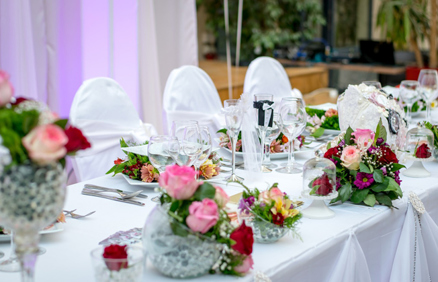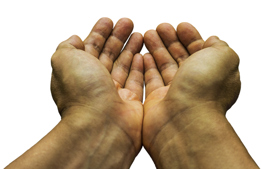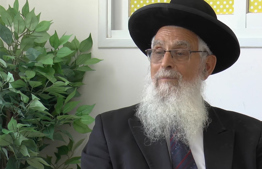The essence of sheva berachot and their significance vis-à-vis a woman participating in saying the blessings

This abstract discusses whether a woman can participate in saying the blessing of sheva berachot
Our Sages are divided whether birkat chatanim (i.e. sheva berachot) are considered sacred (davar shebekedusha), requiring a minyan, or if they constitute blessings of praise and thanksgiving (bikrat shevach vehoda'a), which should be said in a quorum to honor Hashem when many gather together to honor Him. The practical difference is if a minyan is present when sheva berachot have begun to be recited, and then some leave—whether or not these blessings can be completed without the minyan. So too, what is the halacha regarding saying these blessings using a microphone.
The Brisker Rav maintains, like the Shita Mekubetzet, that the birkat chatanim are considered a davar shebekedusha. The Mishna Berura, on the other hand, equates birkat hagomel with birkat chatanim; it seems that the Aruch HaShulchan also implies that sheva berachot are not recited as a davar shebekedusha. Rather, the latter holds like the Tosafot Rid, that birkat chatanim are considered blessings of praise and thanksgiving, which should be said in the presence of a minyan.
According to the latter opinion, it seems that women could be counted as part of the ten, since women constitute rabim (many) [even though they are not considered a tzibur (congregation)]. Women can be part of ten—rabim—the number before whom there is a need to say the sheva berachot in honor of the bride and groom. It is possible that according to this school of thought, women could also recite the sheva berachot, just as they can say birkat hagomel.
Please note that this article is written to clarify and probe halacha, but obviously the great poskim are the ones to rule on this matter. These poskim consider parameters such as modesty and are also careful not to introduce novelties that did not exist in previous generations in order to safeguard the walls of religion and halacha.
See the full article, here.




